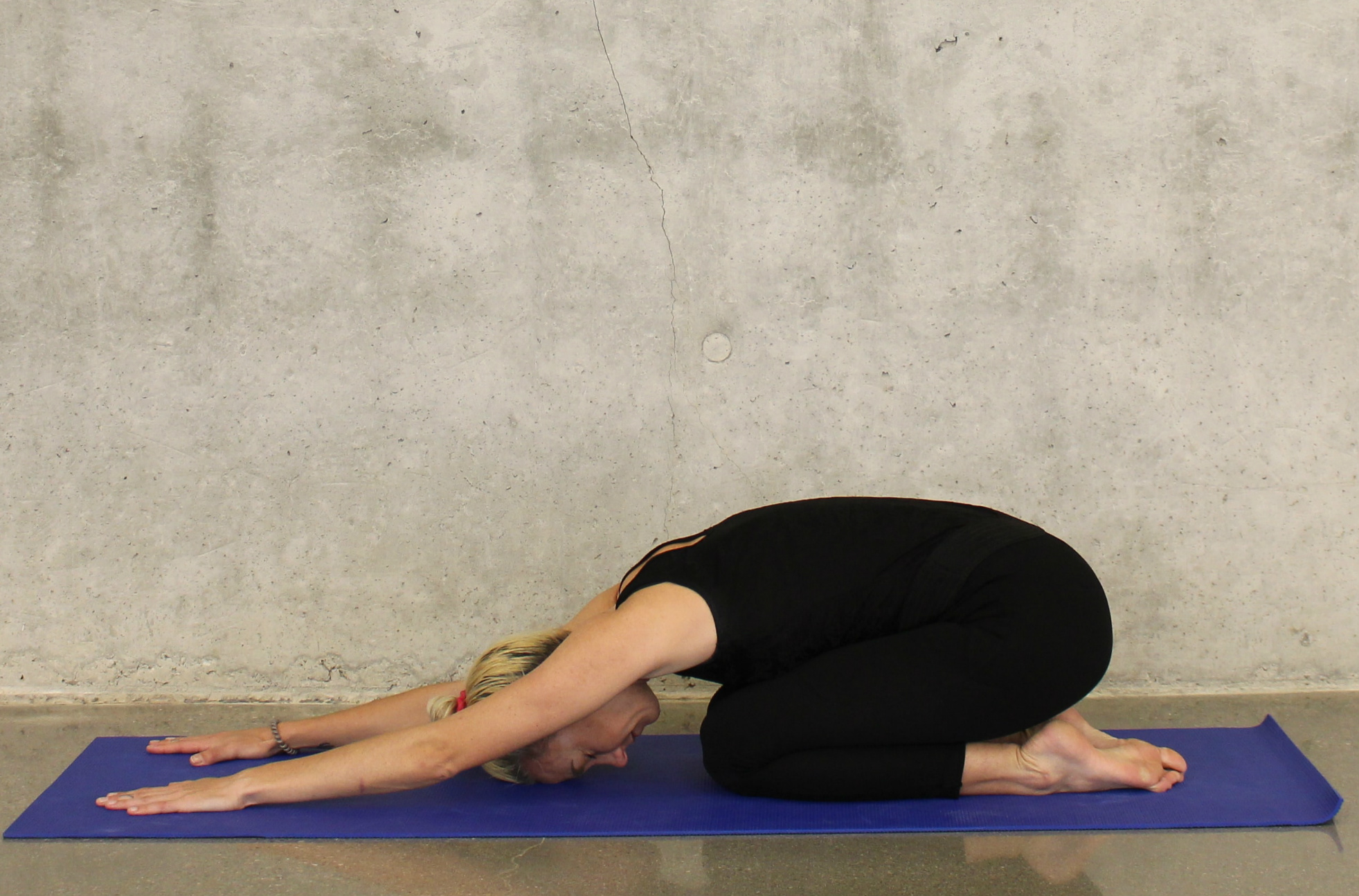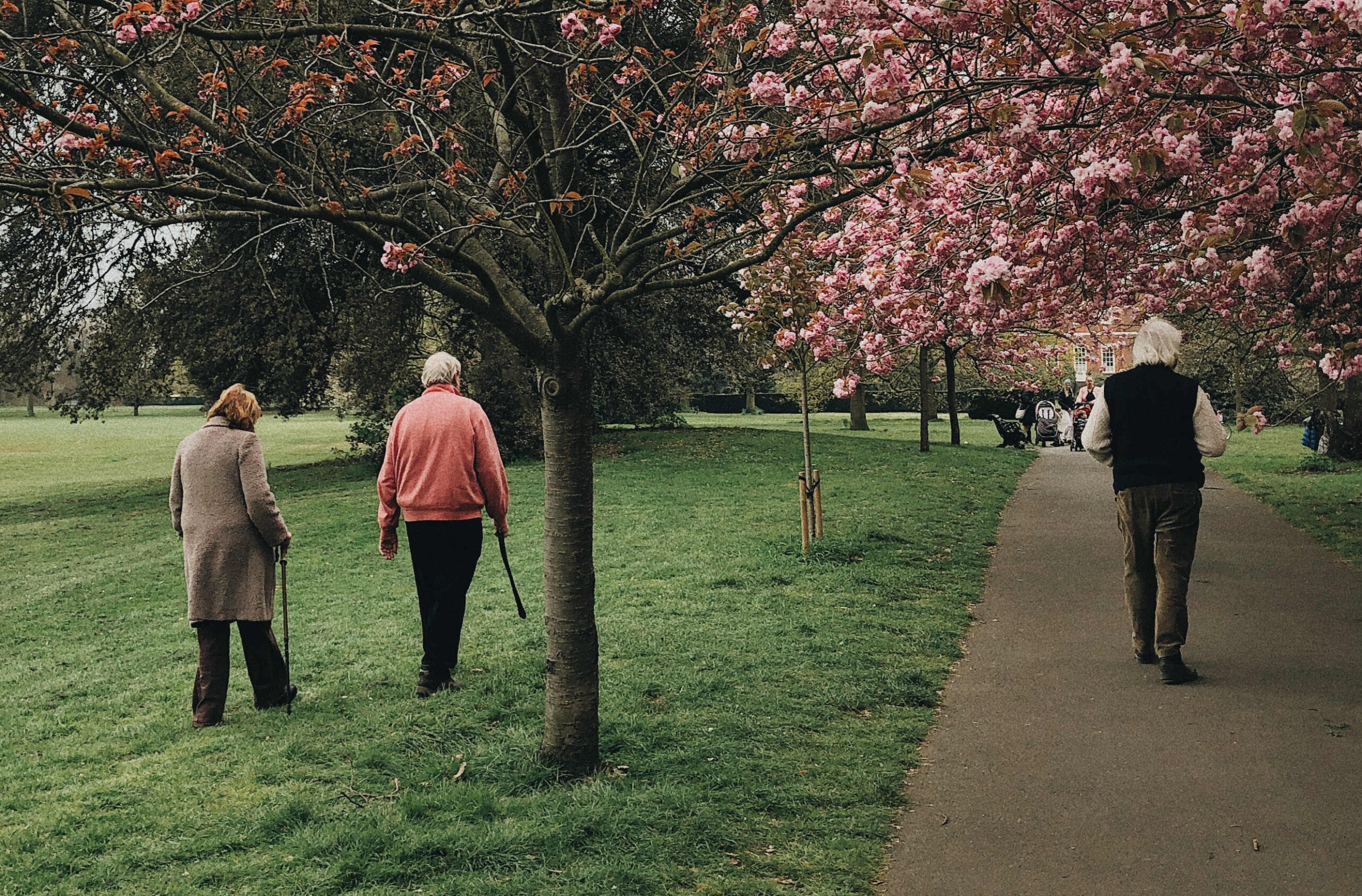A new study from Sweden’s Uppsala University found that the loss of just one night’s sleep in young, healthy individuals significantly increased the level of tau protein (up 17 percent) in the blood, which is strongly associated with the risk of developing Alzheimer’s disease. ACCESS STUDY





























































